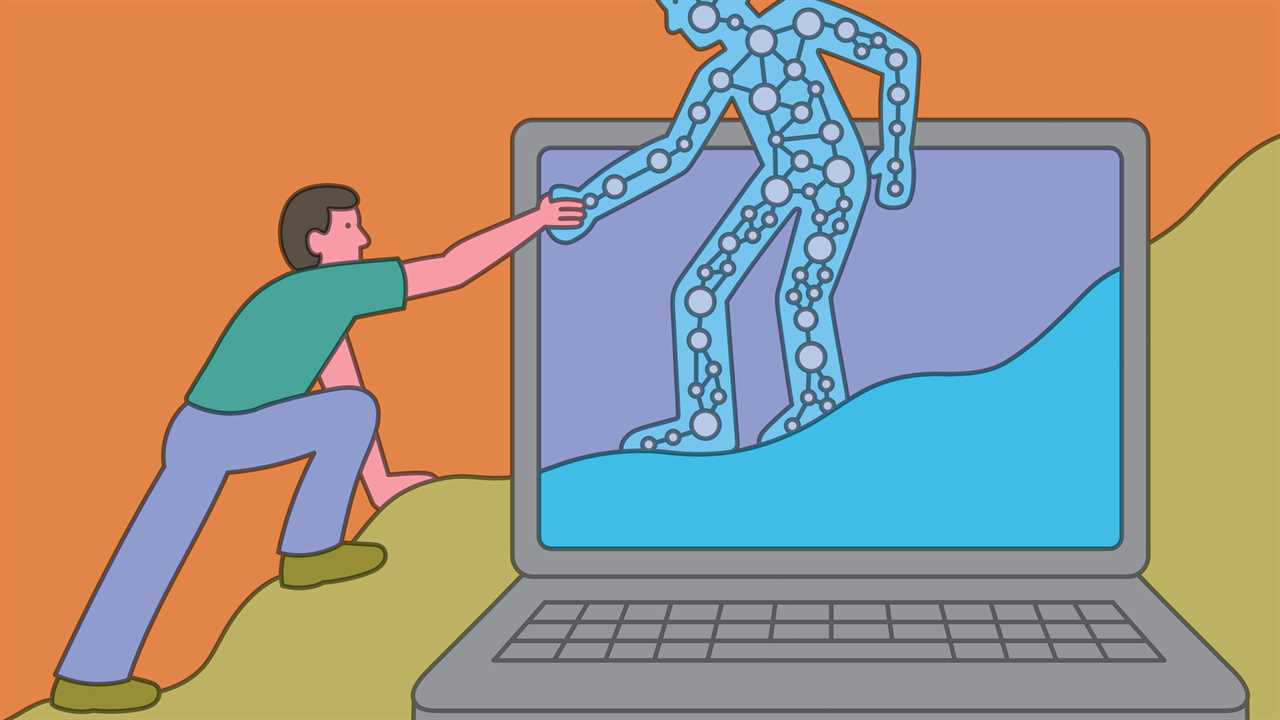
Google DeepMind Explores New Possibilities
Google DeepMind, the research lab, is pushing the boundaries of generative A.I. technology by testing ambitious tools that could transform it into a personal life coach. The lab, which merged with Google's artificial intelligence team, Brain, earlier this year, has been working on at least 21 different personal and professional tasks, including giving life advice, ideas, planning instructions, and tutoring tips. The project reflects Google's commitment to stay ahead in the A.I. race and its increasing trust in A.I. systems to handle sensitive tasks.
A Shift in Google's Approach
Google's move towards using generative A.I. for personal coaching marks a shift in the company's previous caution about such technology. In a slide deck from last December, Google's A.I. safety experts had warned of the dangers of becoming emotionally attached to chatbots. However, overshadowed by OpenAI's release of ChatGPT, Google has been determined to prove itself in the A.I. arena. Over the past nine months, Google has been improving its A.I. systems, including the release of its own chatbot, Bard, and incorporating the technology into its existing products.
Testing the Capabilities
Google DeepMind has been working with Scale AI, a contractor, to assemble teams of experts to evaluate the capabilities of the generative A.I. tools. These teams consist of over 100 experts in various fields, including doctorates, who test the technology's responses. Among the tasks being tested are answering personal questions and offering suggestions based on specific situations. The AI assistant also has a tutoring function to teach new skills, such as running, and a planning capability to create financial budgets, meal plans, and workout routines.
Concerns and Caution
Despite the progress, Google's A.I. safety experts have raised concerns about the potential risks of relying too heavily on generative A.I., stating that users could experience "diminished health and well-being" and a "loss of agency" if they take life advice from A.I. Google has also made it clear that Bard, their chatbot, is barred from giving medical, financial, or legal advice. However, the tools being tested by Google DeepMind are still under evaluation, and the company may decide not to implement them.
Expanding the Reach of A.I.
Google DeepMind is not only testing new tools for personal coaching but also exploring the potential of A.I. in other areas. The lab has been evaluating tools that could be used in journalism, such as generating news articles and suggesting headlines. Additionally, the capabilities of generative A.I. could extend to the workplace by generating scientific, creative, and professional writing, recognizing patterns, and extracting data from text. However, there are concerns that generative A.I. could lead to the "deskilling of creative writers."
A.I. Becoming More Advanced
The possibilities for generative A.I. continue to grow rapidly. Google DeepMind's assistant is now capable of summarizing articles and recognizing specific capabilities humans possess that A.I. supposedly cannot achieve. These advancements highlight the ongoing efforts to push the boundaries of A.I. technology and its potential to revolutionize various industries and fields.
Did you miss our previous article...
https://trendinginthenews.com/tech-giants/x-slows-down-access-to-some-rival-sites






